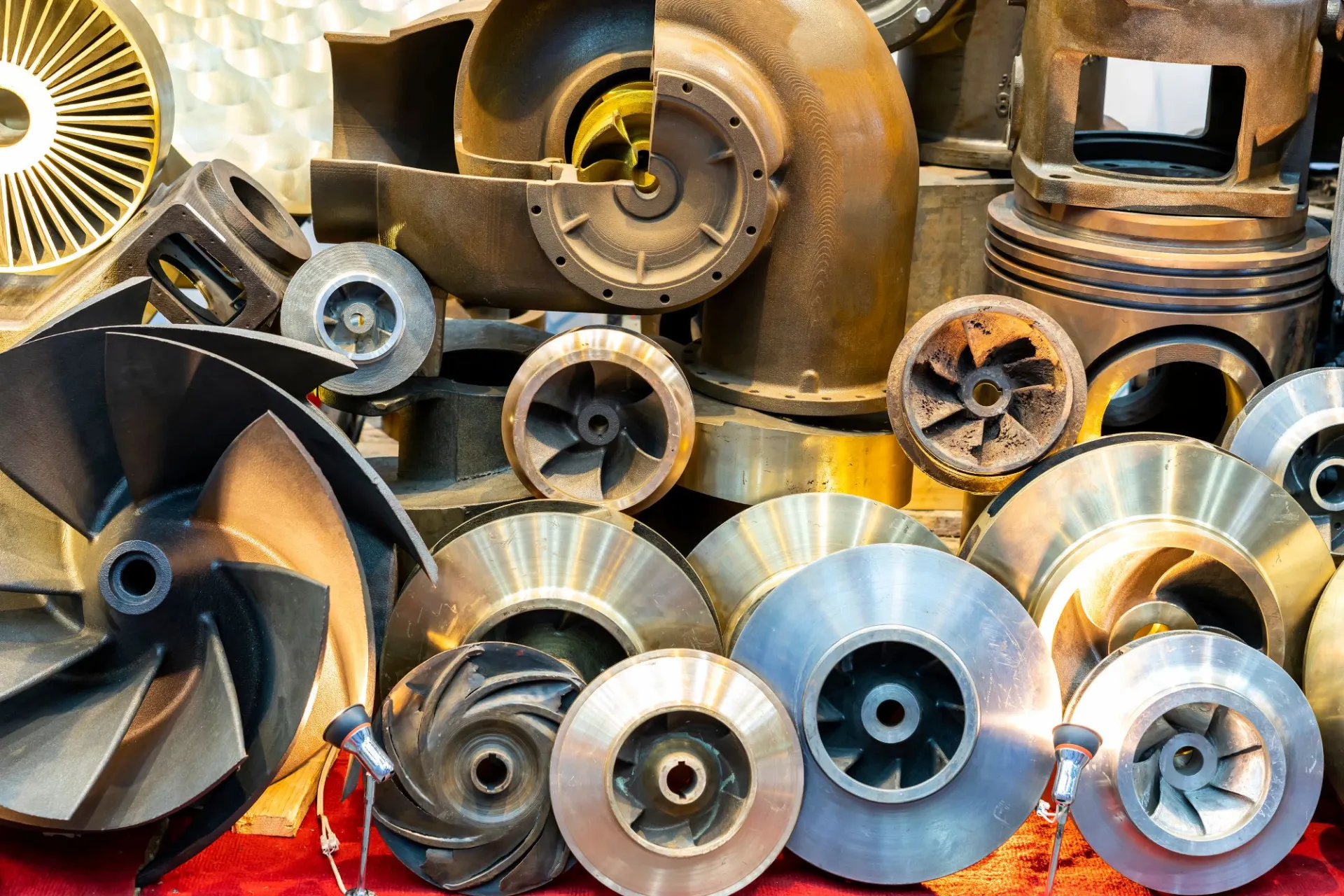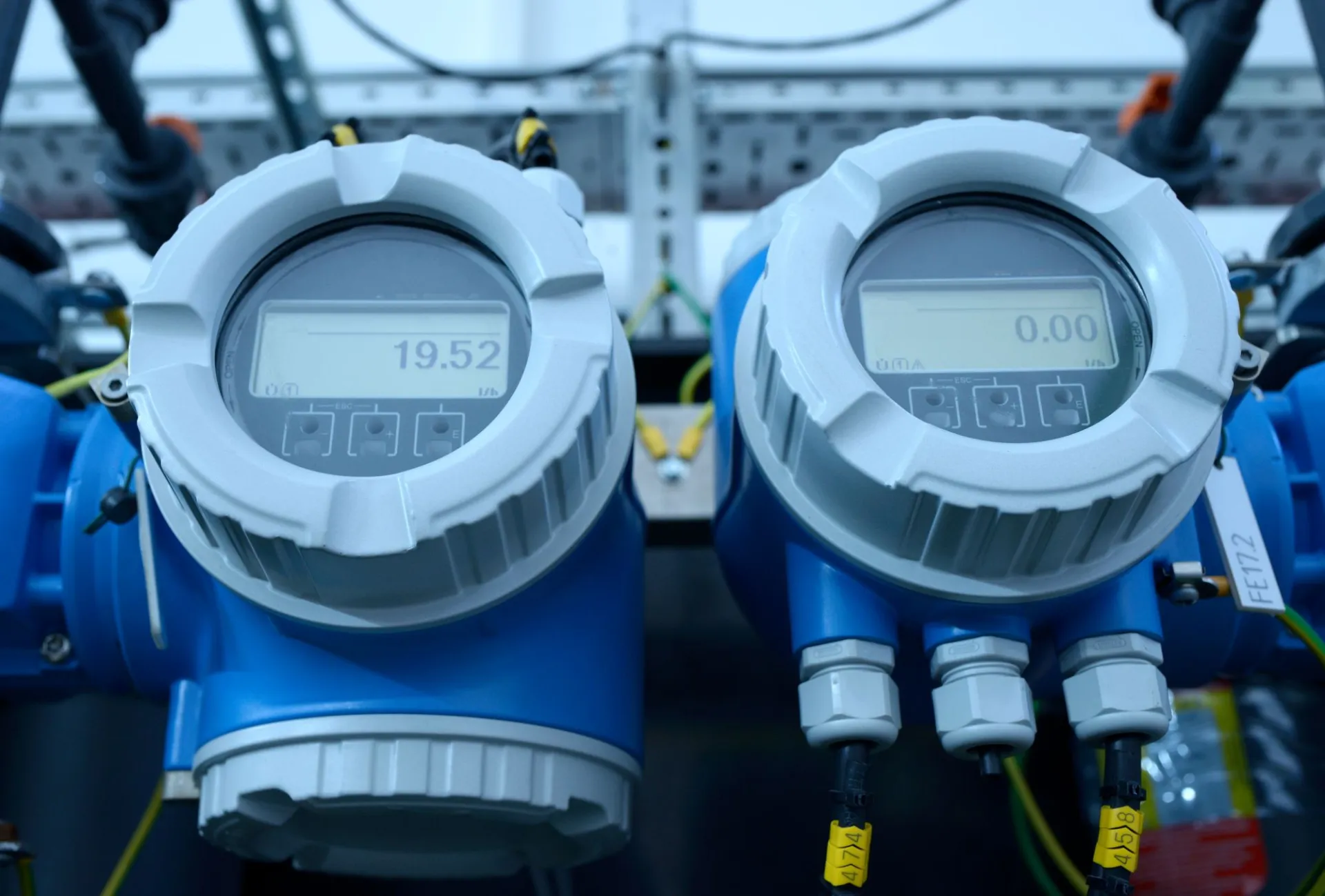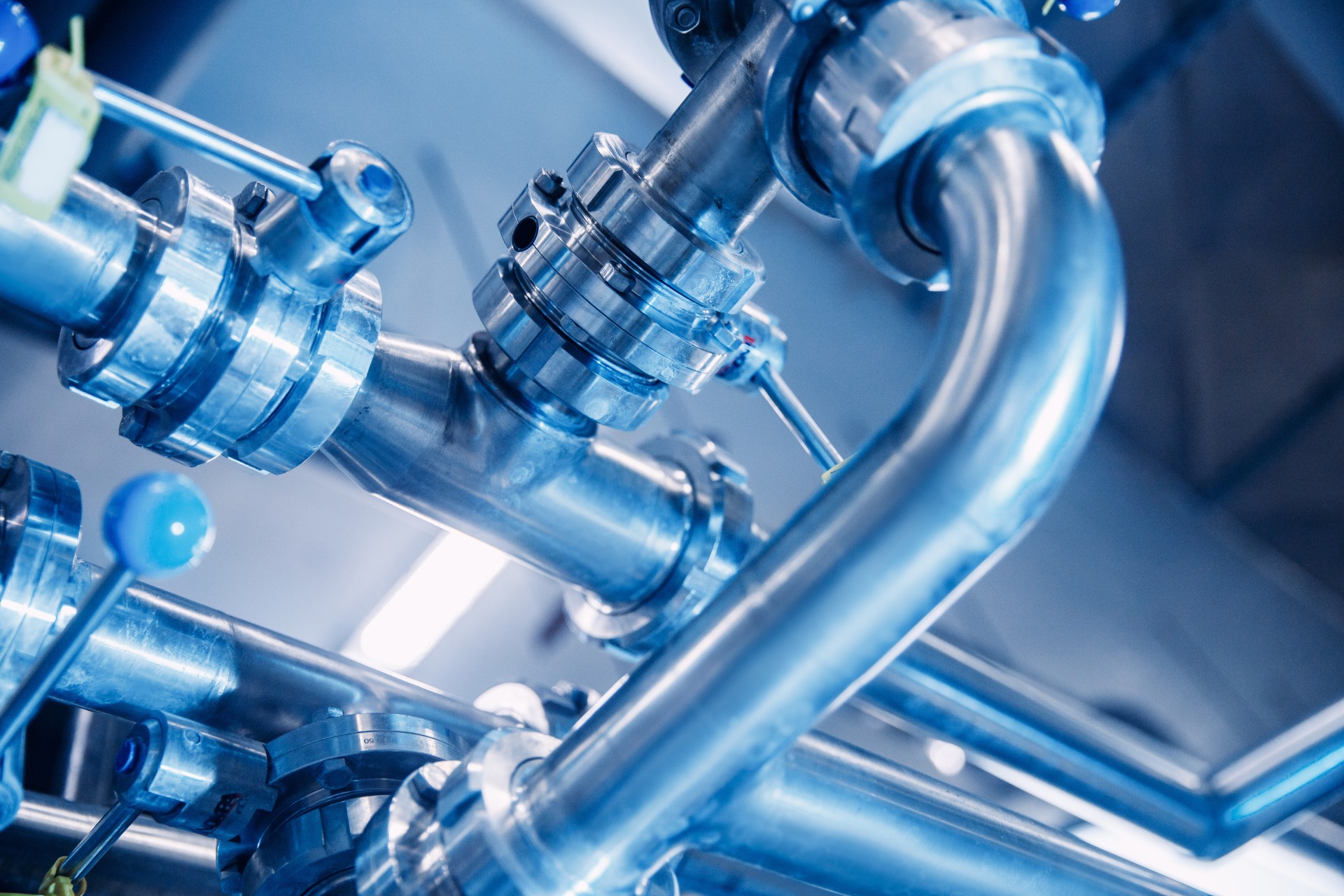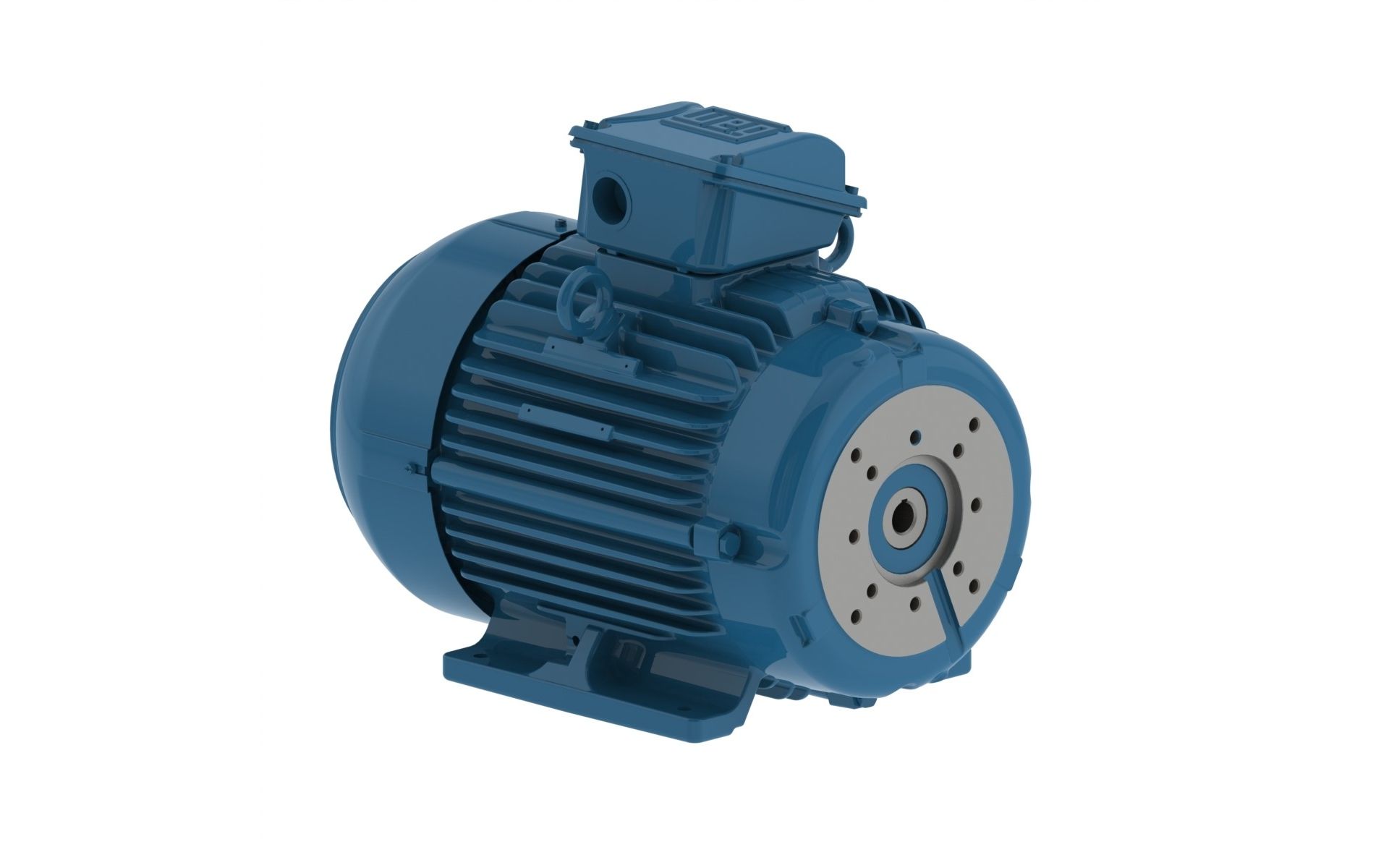As the name suggests, the circulator pump plays a central role in several systems that rely on fluid circulation.
But how does a circulator pump work, and how do you select the right one for your system?
Our electric pump specialists answer these questions in the following paragraphs.
The Role of a Circulator Pump
The primary function of a circulator pump (also called a recirculation pump, circulation pump, or circulator) is to accelerate the flow of hot water in a system. This rapid flow ensures that hot water reaches consumption points, such as faucets or radiators, with minimal heat loss along the way.
- In domestic hot water (DHW) systems, this type of pump ensures that hot water is always readily available, reducing water waste caused by waiting for it to heat up.
- In heating systems, the heating circulator distributes hot water or heat transfer fluid to radiators or underfloor heating systems for optimal thermal comfort.
However, circulators can also ensure proper circulation of cold water, not just hot water!
- In air conditioning and cooling systems, the circulator ensures efficient circulation of low-temperature water throughout the network.
Looking for a Circulator Pump or Expert Advice? Contact Us!
How Does a Circulator Pump Work?
In general, a circulator pump operates using an electric motor that drives an impeller inside a volute. This impeller accelerates the water within the system, enabling a continuous water flow.
Types of Circulator Pumps
Circulator pumps can be divided into two main categories: fixed-speed circulators and variable-speed circulators.
Fixed-Speed Circulator:
- Operates at a constant flow rate, regardless of heating or cooling demand.
- Easy to install and low maintenance.
- Suitable for small domestic installations (heating, domestic hot water) where demand is stable and predictable.
- Less control over energy consumption, as the pump runs continuously even if demand is lower.
Variable-Speed Circulator:
- Adjusts water circulation speed according to demand.
- Energy-efficient thanks to flow regulation, which reduces operating costs.
- Particularly suited for large systems where demand fluctuates throughout the day or seasons (central heating in large buildings, industrial water circuits, or public swimming pools).
- Provides better temperature control and faster response to demand changes.
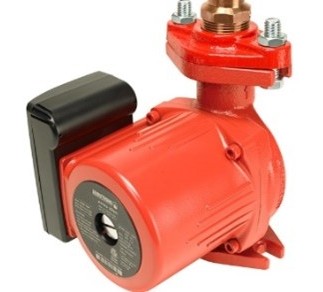
How to Choose the Right Circulator Pump
Choosing a circulator pump should be based on these important criteria:
1. Type of Application
- Heating: In a heating system, the circulator pump must ensure smooth circulation of hot water to radiators or underfloor heating.
- Domestic Hot Water: The recirculation pump must maintain hot water near consumption points to prevent waste.
- Air Conditioning: In this case, the circulator pump circulates cold water throughout the system.
2. Required Flow Rate and Pressure
The required flow rate (qc) must match the system’s demands, calculated based on heat loss and water cooling. An undersized or oversized pump can cause malfunctions or excessive energy consumption.
In practice, the required flow rate can be determined using a simple formula:
Where:
- qc = water flow rate in circulation [m³/s]
- Φ = system heat loss [kW]
- ΔT = water cooling, typically 5°C
3. Fixed-Speed or Variable-Speed Model
- Fixed-Speed Circulator: Ideal for small installations where flow demand is stable.
- Variable-Speed Circulator: Recommended for large systems, as it adjusts flow based on changing demand, improving energy efficiency.
4. Energy Efficiency
Modern circulator pumps are often designed to be energy-efficient, minimizing 24/7 electrical consumption—particularly advantageous for collective or commercial installations.
Omnifab: Your Trusted Circulator Pump Specialist
In short, a circulator pump is essential for ensuring efficient distribution of hot or cold water (or other fluids) in heating, DHW, air conditioning, or cooling systems. Choosing the right pump is crucial for optimizing performance and reducing energy costs.
Interested in purchasing a circulator pump? Contact one of our electric pump specialists, who will guide you toward the circulator best suited to your specific needs, whether you’re a homeowner or a manager of a larger installation.
But that’s not all! Omnifab also excels in circulator pump repair and maintenance. We offer fast, personalized service to maximize the lifespan and efficiency of your circulators. Whether it’s preventive maintenance or urgent repairs, our qualified technicians intervene on-site or in our workshop, minimizing operational downtime.


